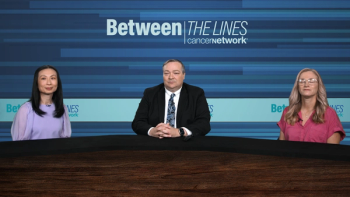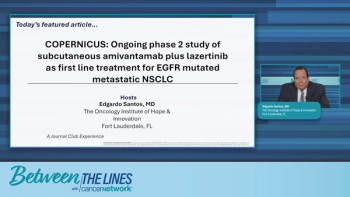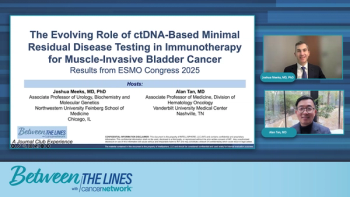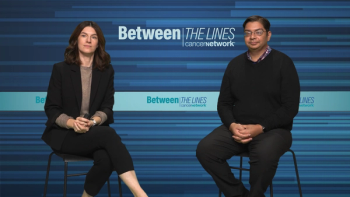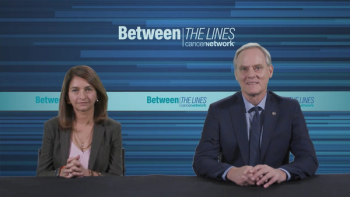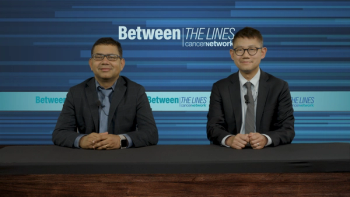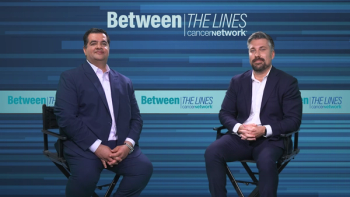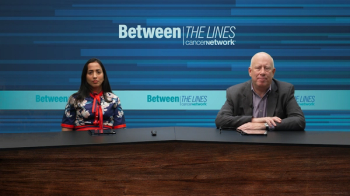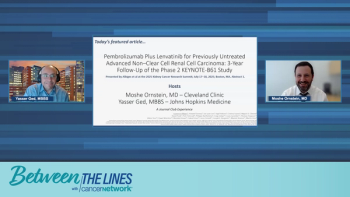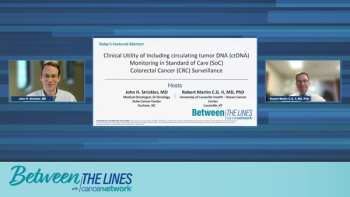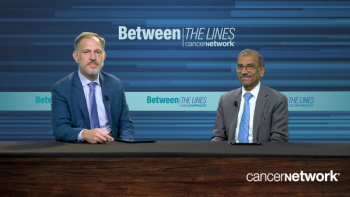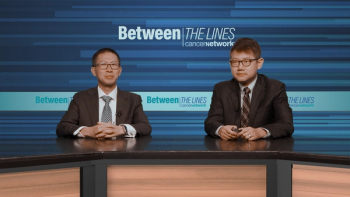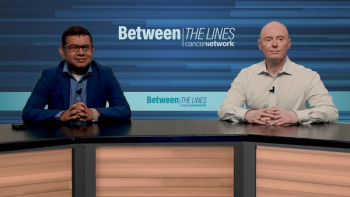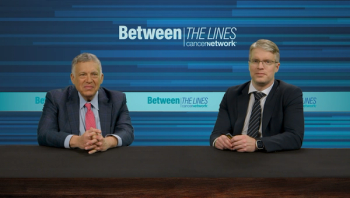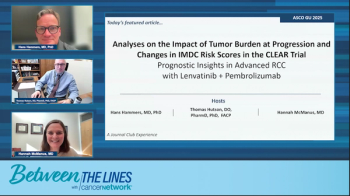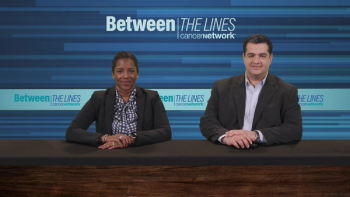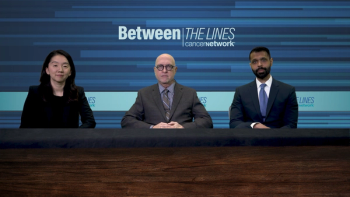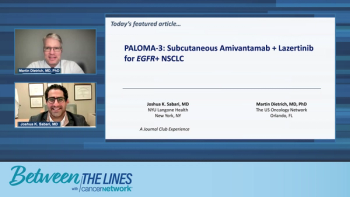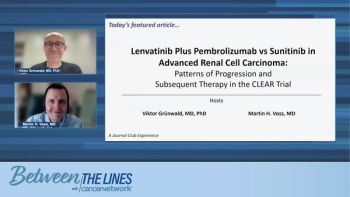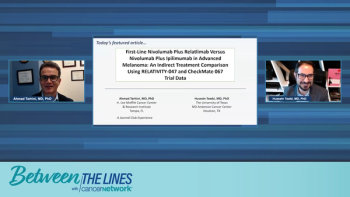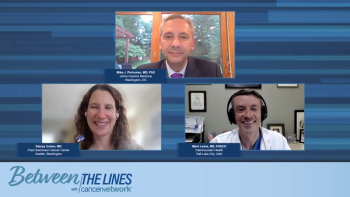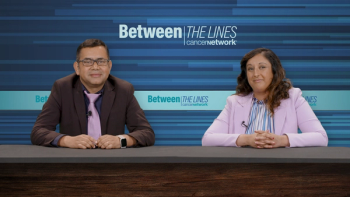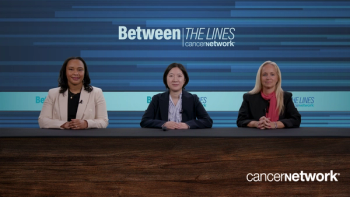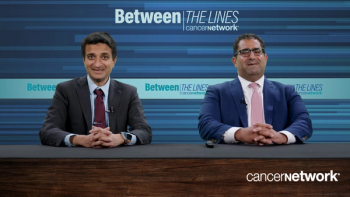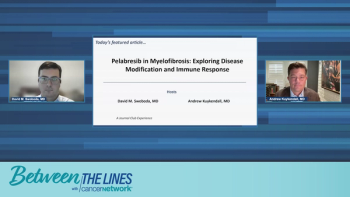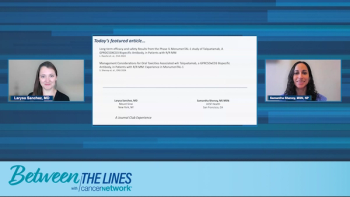
This program explores evolving strategies in the management of chronic lymphocytic leukemia (CLL), with insights from Drs. Ian Flinn and Danielle Brander. The discussion focuses on the integration of BTK inhibitors and BCL2-targeted therapy, particularly zanubrutinib and venetoclax, highlighting their efficacy, safety, and practical application. Experts emphasize individualized treatment, balancing disease characteristics, comorbidities, and patient preferences, while considering therapy duration and the role of minimal residual disease (MRD)-guided approaches. The program examines fixed-duration and combination regimens, noting advantages in patients with high tumor burden or bulky disease. Long-term data from the ALPINE study demonstrate durable remissions with zanubrutinib versus ibrutinib in relapsed/refractory CLL, with low rates of atrial fibrillation, hypertension, and infections. Overall, the program underscores the importance of tailoring therapy, sequencing targeted agents thoughtfully, and understanding long-term outcomes, providing practical guidance for clinicians managing both frontline and relapsed/refractory CLL patients in an evolving therapeutic landscape.


